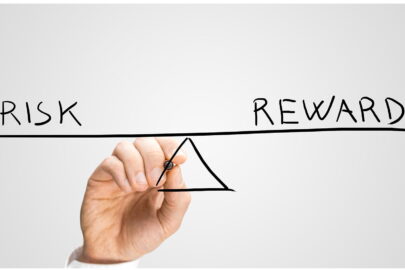The Low Incomes Tax Reform Group (LITRG) has said that while it is encouraging taxpayers with small amounts of trading or property income to consider making use of two new allowances, it is also warning taxpayers to be wary of pitfalls.
The two new annual allowances, one for trading or miscellaneous income and one for property income, allow taxpayers to receive up to £1,000 of each type of income tax-free. If a taxpayer has casual income or income from a small business and also property income they can make use of both allowances. If they have property income, or trading or miscellaneous income, of more than £1,000 they can choose to claim the relevant allowance and pay tax on the excess instead of deducting business expenses.
The trading allowance could be beneficial to those who may top up their income with casual work such as in the ‘gig economy’ or small scale self-employment such as online selling. But if their main source of income is from self-employment and their secondary income is from a completely separate small business, they need to be very careful, says LITRG. This is because income from all trading and casual income is combined when considering the trading allowance; if they claim the allowance in this situation they cannot claim any expenses regardless of how many businesses they have and how much their total business expenses are.
LITRG technical director Robin Williamson said: “It is now not uncommon to have several sources of income and someone whose main income is from self-employment may also have income from a small business which may have developed from what was originally a hobby. Alternatively they have some casual earnings.
“For example, take a self-employed shopkeeper with income of £30,000 and expenses of £18,000 from the shop business, but also casual income of £1,000 from occasionally stewarding at local events. One might think that he would pay tax on only the £12,000 profit from the shop as the stewarding income could benefit from the trading allowance – but this is not the case. If this shopkeeper claimed the trading allowance to exempt the stewarding income of £1,000, the expenses of £18,000 would not be allowable for the main self-employment and the taxable profit would be £30,000; this would be a costly mistake to make.
“We are concerned that taxpayers could unwittingly get this wrong and mistakenly claim expenses that they are not entitled to, then find themselves the subject of an HMRC investigation.
“What seems like a straightforward allowance contains unexpected traps, so anyone who thinks they will benefit from the allowances should check HMRC official guidance before claiming. The situation is not helped by a lack of publicity to date about the existence of these allowances and how they work.”
